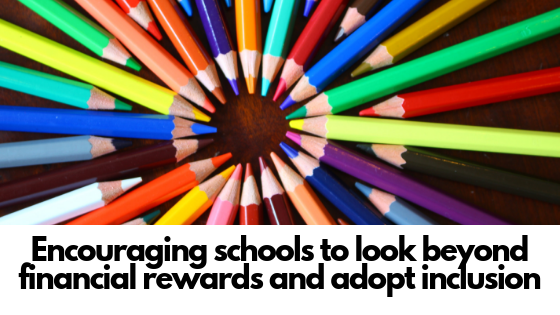
The way to address an issue is to first talk about the issue. In talking about it, we want to understand why the issue exists. Beyond this, however, we also want to know how we can solve the problem. The issue of schools not being disabilities inclusive in Nigeria is a big one. Let’s face it, there are other socioeconomic complexities in the way of inclusion which can make its adoption quite challenging. The one I find most intriguing though is the associated financial reward for the school. In my inclusion advocacy journey, I have found a lot of private schools asking the question, “What does it cost and who will bear the cost?”
Quite frankly, I can’t blame them. They have invested money in the school and just like any other business venture, it must be profitable. So the bottom line is if it doesn’t make money it doesn’t make sense.
On the other hand, we have the parents of the child with special needs who have to carry the additional burden of healthcare cost and on many occasions have to sacrifice their career to fulfill their role as the primary caregivers. With reduced income and an additional burden from schools, how will these parents cope?
Ultimately who suffers? The child! The affected child gets left behind!
In places like the UK, there is a huge budget for Special Educational Needs Provisions (even though many still complain that the funding is inadequate). This is because when the government says no child should be left behind, they understand that the statement needs to be backed up by a series of actions which include legislating, funding and progress monitoring.
So I am using this post to open up the conversation. Policy makers, school owners, philanthropists, donor organisations, parents, caregivers, and good-hearted individuals. How do we move forward from here? From your perspective how can this problem be solved? How can we address the needs of the children, the parents, and the schools all at once?
It truly matters that we ensure no child gets left behind. Every single child counts.
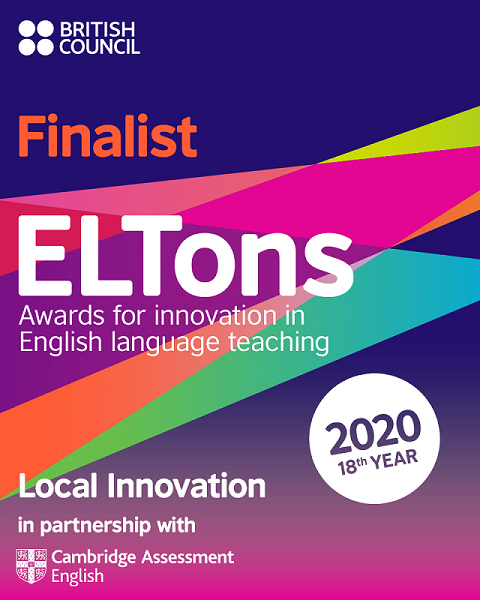
From Basirat Razaq-Shuaib Yes! My book “I am not naughty- I really really mean it!” made the finalist selection of the British Council ELTons Innovation […]
Read More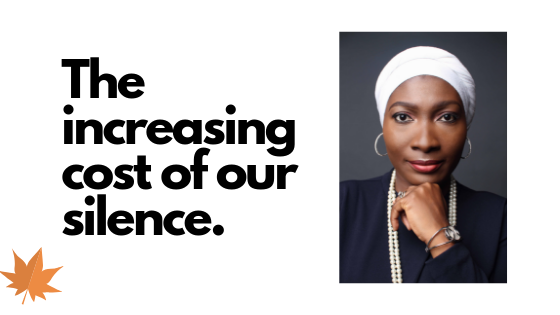
Last month I went to a primary school to do a book reading. This book reading program is a pioneering initiative of The Winford Centre […]
Read More
Teachers play a critical role in the lives of children for which we will be eternally grateful. But there is no denying that teaching can […]
Read More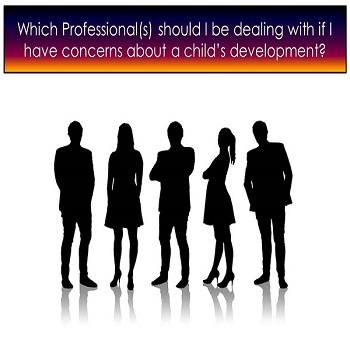
Dear parent, carer, educator and concerned individual out there, it is very possible that you may notice an unusual pattern with a child’s development or learning […]
Read More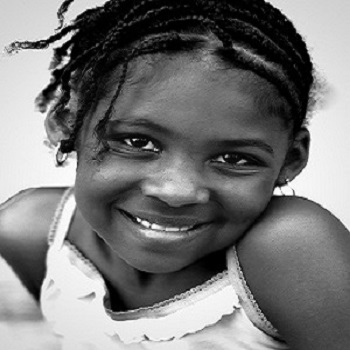
Many times, you may find that if you tell an adult with Autism or a parent who has a child with Autism that their child […]
Read More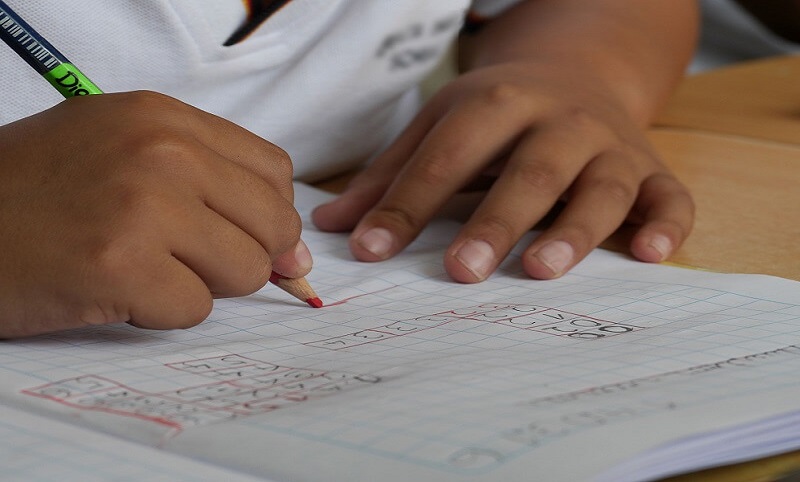
Dysgraphia is a neurological disorder characterised by a difficulty in handwriting. Having dysgraphia doesn’t make a child lazy. Writing involves a number of complex skills […]
Read More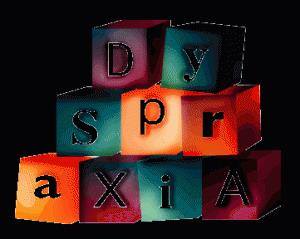
Dyspraxia also known as Developmental Coordination Disorder is a motor disorder which affects gross and fine motor skills in infancy and early childhood. It is […]
Read More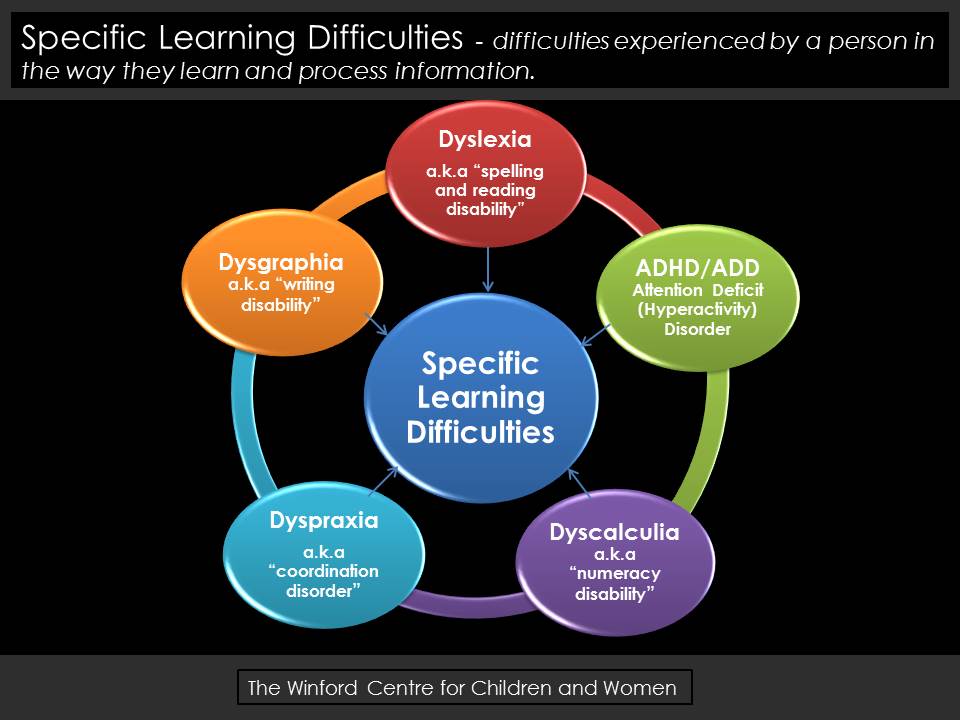
As your children start to grow, you may notice that they are struggling with certain areas of their learning. Sometimes, this may be as a […]
Read More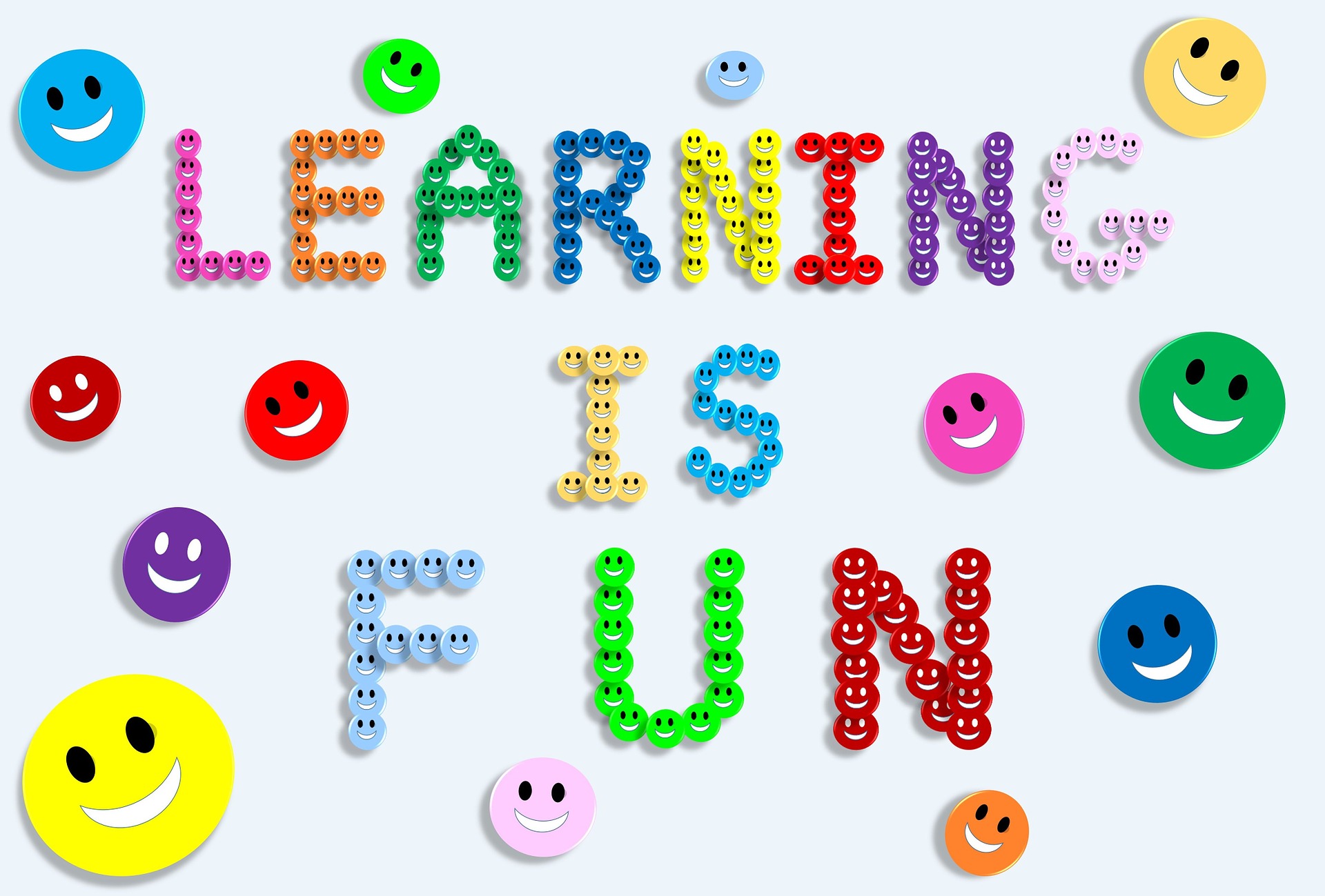
All children learn at different paces, and it is not uncommon to find that special needs children can take a bit longer to learn basic […]
Read More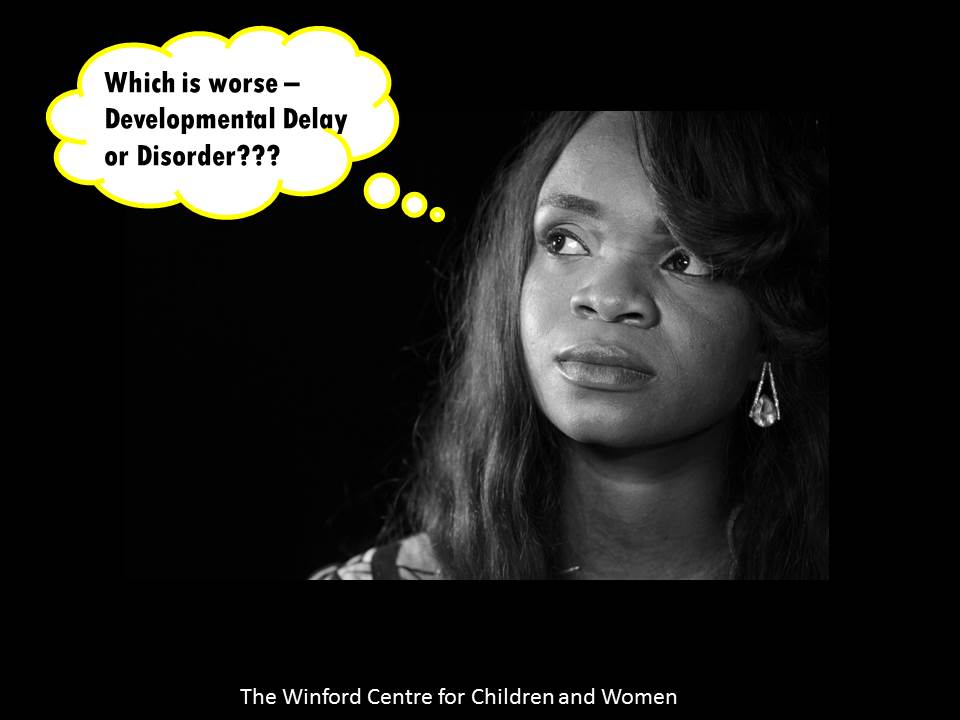
Without understanding fully what either term means, you are probably thinking one is worse than the other. This is not necessarily so. Somewhere in your […]
Read More
Yes it is possible for your children to see the world without spending a fortune. Buy them books If you can’t afford new books, […]
Read More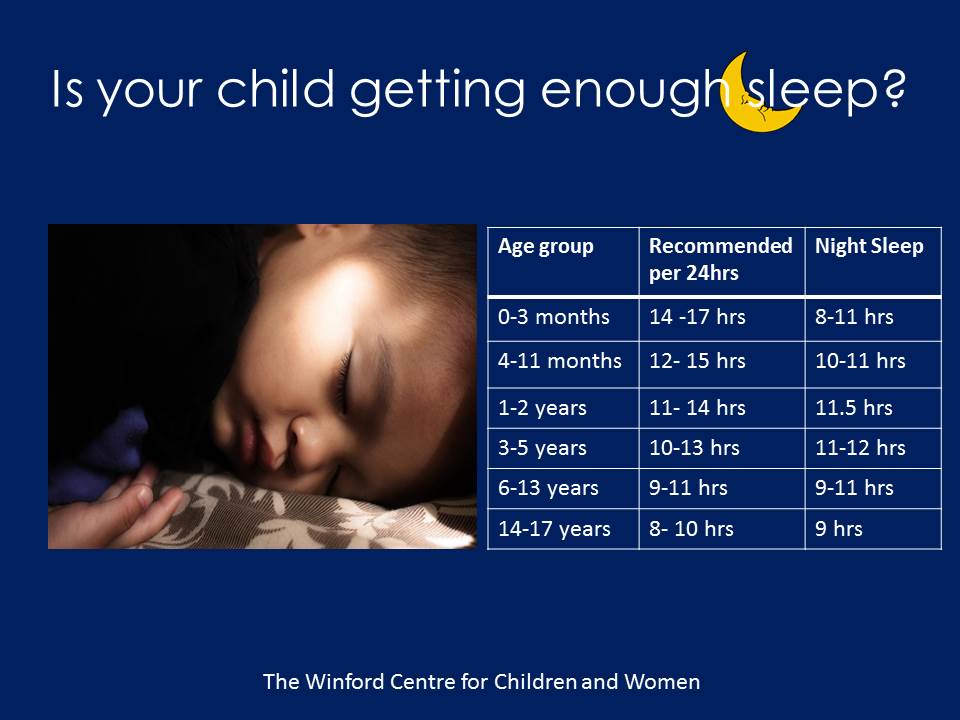
You are busy…very busy. You have to work and make ends meet. So your child like an adult, starts their day at 5.00am. They need […]
Read More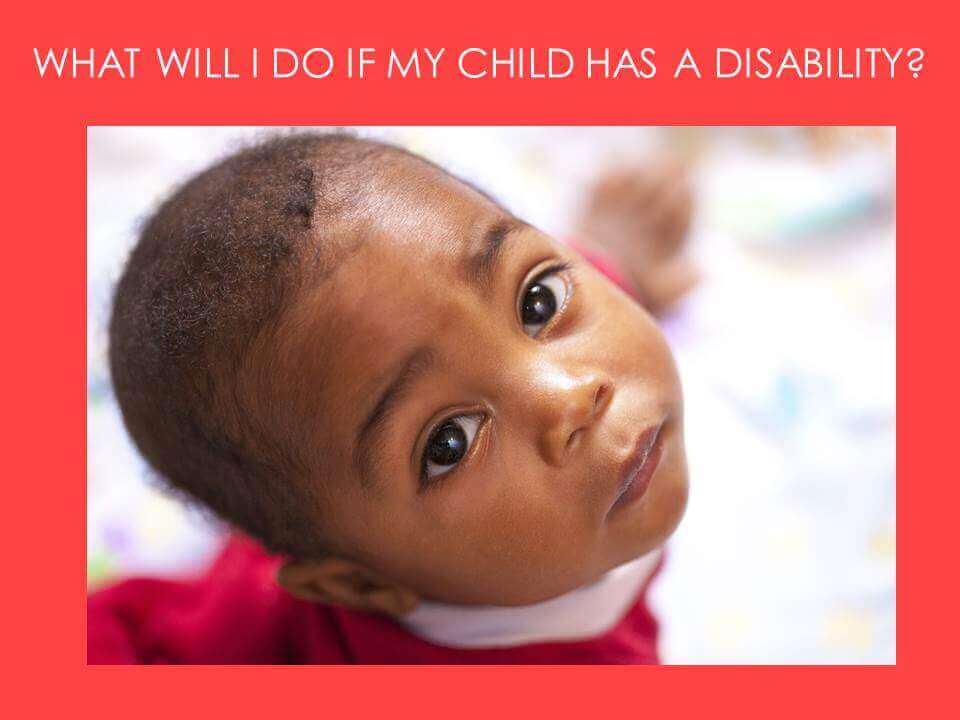
God forbid!!! It is not my portion!!! Ok let’s stop there. It is just a question (one worth giving a thought). A disability is not […]
Read More